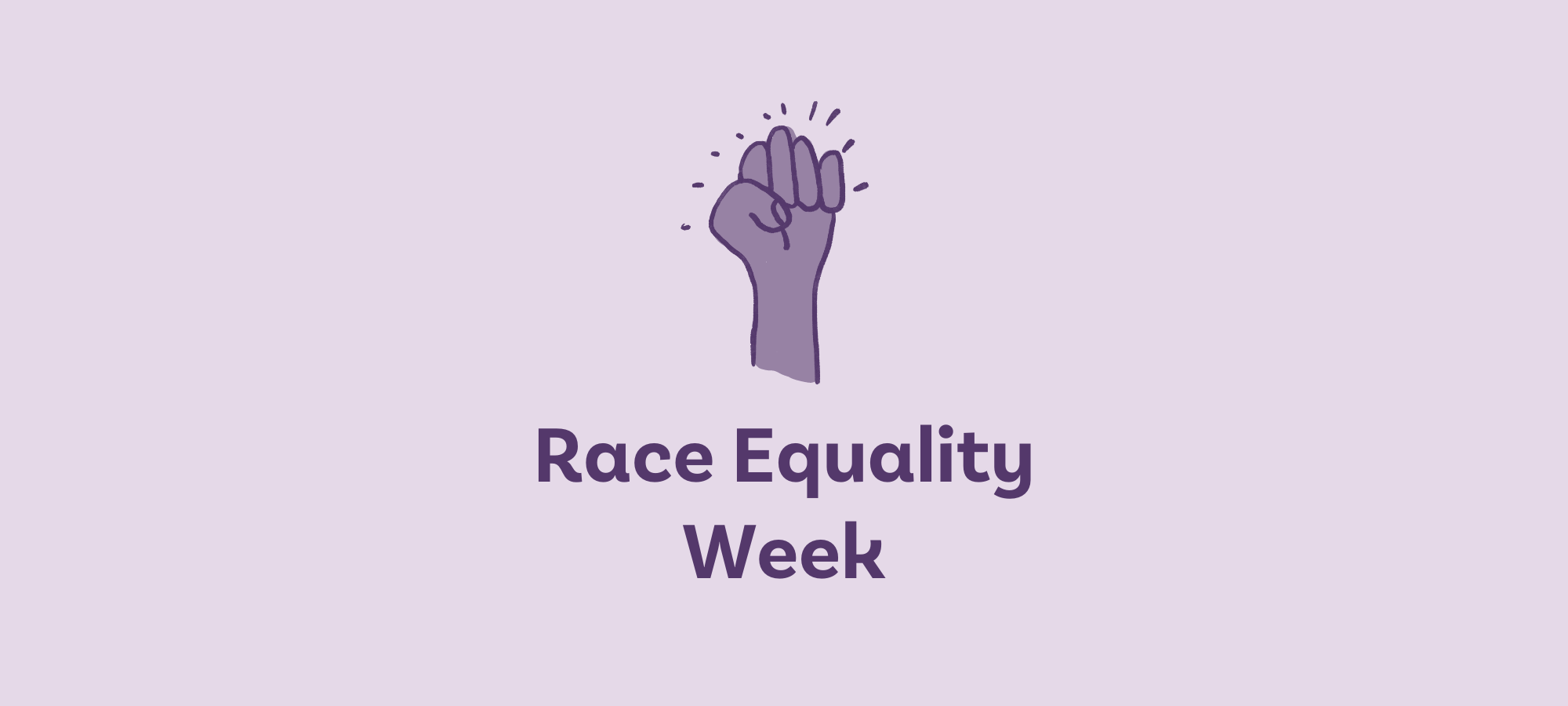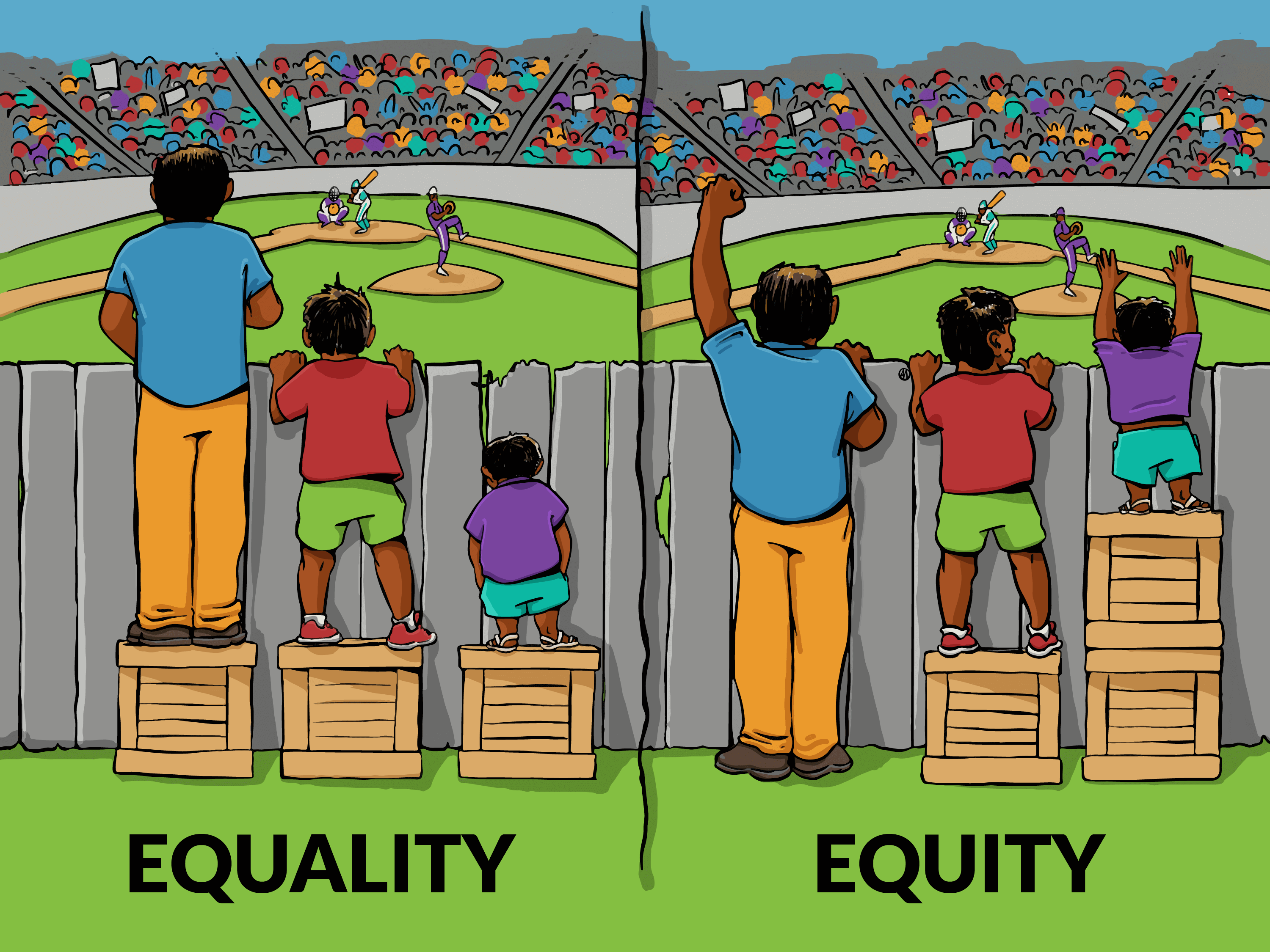
Race Equality Week takes place every year, and is an opportunity for us as organisations and individuals to address the barriers to race equality in the workplace.
We know that there are inequalities in mental health, especially when it comes to race. Racialised communities are at a higher risk of developing a mental health problem in adulthood, but are less likely to receive support, and more white people receive treatment for mental health issues than racialised communities – and they also see more positive outcomes.
We know these statistics can be hard to see, but it’s really important that we do. There are a wide range of factors that can contribute to these inequalities, and having a better understanding of what these are can help us all to address them.
A research report by Mind found a number of challenges that make it harder for racialised communities to access the mental health support they need. These challenges include:
- A lack of trust of ‘the establishment’
- Stigma and discrimination from mainstream healthcare services
- Eurocentric framing of mental health
- Stigma within communities
- Concern about the perception and cost
- Difficulty finding relevant support
- Support often considered a ‘sticking-plaster’
- Physical activity isn’t considered a type of mental health support
- Difficulties for people whose first language isn’t English
Mental health support should never have a ‘one size fits all’ approach. We know that to improve the mental health of minoritised communities, we need to acknowledge and understand the wide range of social, economical and environmental factors that can create barriers between people and the support they need.
On our It’s All Mental podcast, Ciara, HIT Therapist and Locality Lead at Everyturn, spoke about the work that she and her team are doing in our NHS Wirral Talking Therapies service to reach communities that are less likely to receive the mental health support they need.
“We’ve been looking at the underrepresentation of minority groups accessing the service, but also within the staff group, and really that our diversity doesn’t reflect the diversity within the community. So I think as organisations, representation is something that’s really important to look at, at all levels – as I said even at a decision making level.”
“I’ve also really loved with the equality, diversity and inclusion policies and conversations, the inclusion of that word ‘equity’. It’s something that’s talked about a lot more now, rather than just ‘equality’.”
“We can’t have equality without equity, so the burden should be placed on organisations to make an intentional, targeted effort to address inequity.”
Click here to read more about Race Equality Week 2024, and find out how your organisation can get involved.
You might have noticed that we use the term ‘racialised communities’. We understand that terminology used can be unhelpful and can sometimes further exclude minoritised communities. It’s important that when we’re speaking about multiple communities, that we’re not ignoring anyone’s experiences. We’ve referred to Centre for Mental Health’s Guide to race and ethnicity terminology to make sure that the language we use is inclusive.
References:
Rethink Mental Illness – Black, Asian and Minority Ethnic (BAME) mental health
Mind – Race and mental health research report
Mind – Facts and figures about racism and mental health
Illustrating equality vs equity
Centre for Mental Health’s Guide to race and ethnicity terminology
